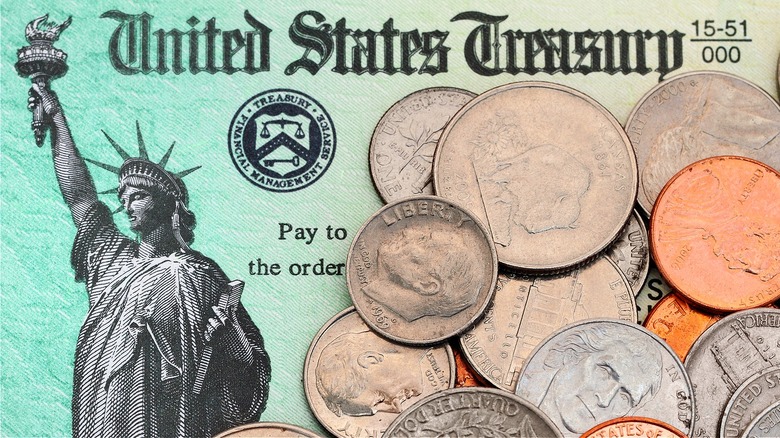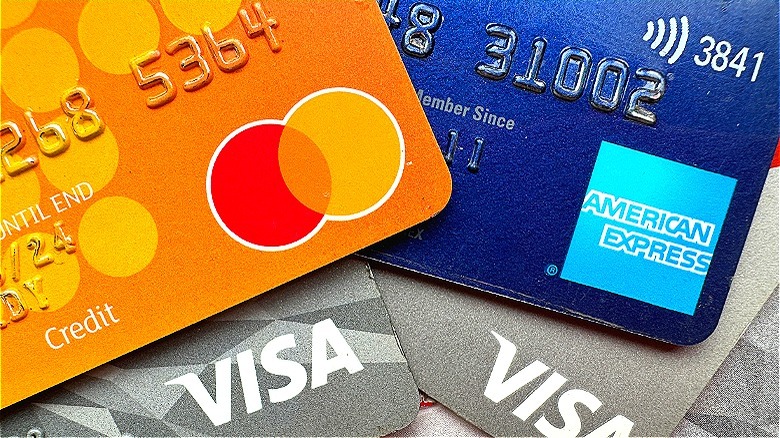What Do Most Americans Do With Their Tax Refunds?
Whether you filed your taxes early or are waiting until the last minute, you might be one of the 67% of Americans expecting a tax refund this year. Having this extra influx of money might have you thinking about different ways to spend it. Maybe you could finally do that project around the house you've been putting off, or maybe it could help you go on vacation. Even though there are a lot of fun possibilities when it comes to receiving your tax return, you might be surprised to learn that most Americans intend on using their tax return for more practical things. According to a 2024 Bankrate survey, 28% of U.S. adults plan to put most or all of their tax return money into savings, while 19% intend to pay down their existing debt.
Interestingly, the results of the 2024 survey indicated the lowest reported debt payoff priority in a decade. In fact, at 28%, debt payoff was the top option among respondents in 2023, so the switch to prioritizing savings in 2024 is indicative of a shift in how people view their finances. While fewer Americans are prioritizing debt payoff in 2024, this difference in priority for how to spend tax return funds is also clear between the generations. While every other generation surveyed reported debt payoff as the second-most popular choice for how to spend their tax return, Generation Z listed investing as their second-most likely place to spend it.
Current financial concerns in America
Many Americans have experienced a dramatic shift in their finances due, in large part, to post-pandemic inflation. The higher costs of everything from housing to fuel to food have forced many to over-rely on credit cards in order to financially stay above water. According to the Federal Reserve Bank of New York, credit card debt grew by $50 billion in the last quarter of 2023, bringing America's total credit card debt to a record-breaking $1.13 trillion. New York Fed researchers told reporters, "In the case of credit cards, it looks like things have reverted to a level that is worse than pre-pandemic."
What's also troubling about the current credit card trend in America is that delinquent (or late) payments are also on the rise. This can have long-term financial consequences for people who are unable to pay off their credit card bills every month and end up carrying a balance and hurting their credit score. This is especially true when you consider that the average credit card interest rate, as of March 2024, is 24.66%, which is the highest it's been since before the pandemic. This can leave borrowers on a slippery slope of debt that could take years to recover from.
To make matters worse, according to Bankrate's 2024 annual emergency savings report, 36% of people reported having more credit card debt than emergency savings. However, 30% of people reported having more emergency savings funds this year compared to a year ago, which is the highest percentage of respondents to report so since 2020.
Why are people prioritizing savings in 2024?
You might be asking yourself why, if credit card debt is on the rise, people would prioritize putting their tax refunds into savings first as opposed to debt repayment. This is especially valid when you consider that, according to Bankrate's 2024 credit card debt survey, 49% of credit cardholders were debt revolvers in 2023 (meaning they carried a balance month to month) compared to only 39% of people reporting the same in 2021. The answer might lie in the fear of losing work and/or income. Sixty-six percent of people reported being worried they wouldn't have enough in emergency savings to cover a single month's worth of expenses should they lose their primary income source tomorrow. It's also worth mentioning that the next most-popular choice (at 11%) for where people intended to spend their tax refund this year was on day-to-day expenses.
When Americans are concerned about supporting their basic necessities, prioritizing savings can feel like a way to help take control of the situation. Similarly, as more people face financial difficulties due to both inflation and high-interest rates, it's logical that an influx of funds like a tax refund will go to necessities, savings, or debt as opposed to being used for fun expenditures or treated as extra money. In fact, Bankrate's survey found that just 20% of respondents expected to use their tax refund as fun money. Of those, 9% planned to use the money for home improvement projects, 7% intended to use it toward a vacation, and 4% were planning on a shopping splurge.


